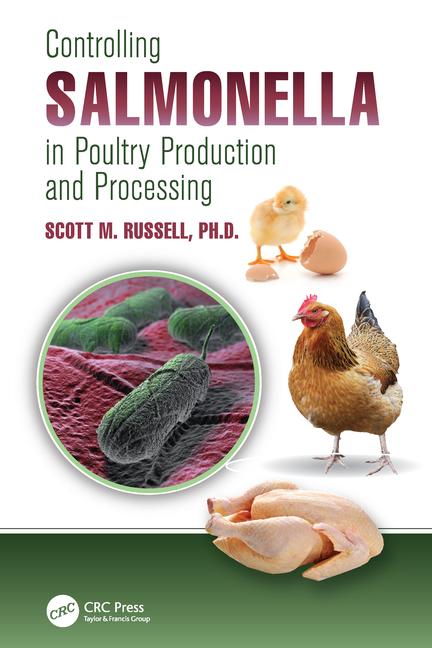Canada, Mexico win COOL case against U.S.

Canada and Mexico have won a trade case against the United States over the country-of-origin labeling (COOL) meat labeling law. A World Trade Organization dispute panel agreed with their complaint that the mandatory labeling laws were too stringent, giving U.S. livestock an unfair advantage over Canadian and Mexican imports, reports Reuters.
"When the United States implemented COOL, the impact on the Canadian and American livestock industry was immediately negative," Canadian Agriculture Minister Gerry Ritz said. "The WTO's final report marks a clear win for Canadian livestock producers."
The American Meat Institute praised the ruling, stating that the COOL law was “costly and cumbersome” and a violation of WTO obligations. The National Cattleman's Beef Association also stated that the COOL law did not help U.S. ranchers and actually hurt those who feed imported cattle.
Canadian cattle exports to the United States have fallen by more than half and hog exports have dropped by 40 percent since the COOL law was enacted. The need for segregate imported animals and the increase costs of labeling products led many processors to shun foreign livestock.
The U.S. Trade Representative's Office said it was considering its options, including appealing the decision.
"Although the panel disagreed with the specifics of how the United States designed those requirements, we remain committed to providing consumers with accurate and relevant information with respect to the origin of meat products that they buy at the retail level," the USTR said.
Source: Reuters
Looking for a reprint of this article?
From high-res PDFs to custom plaques, order your copy today!




